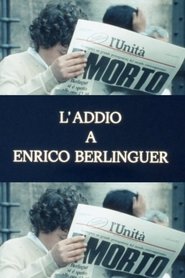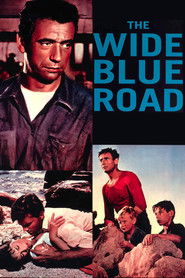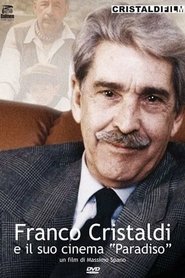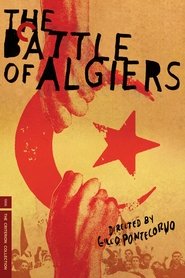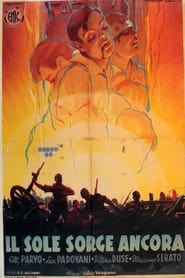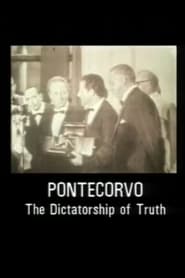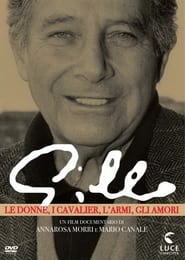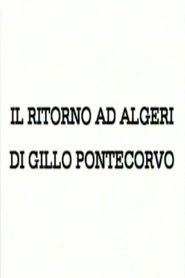Gillo Pontecorvo
Gillo Pontecorvo, born November 19, 1919 in Pisa and died October 12, 2006 in Rome, is an Italian filmmaker. Of Italian Jewish origin, Gillou Pontecorvo is the brother of Bruno Pontecorvo, a nuclear physicist working for the USSR, and Guido Pontecorvo, an Italian-British geneticist, as well as the grandson of the Jewish industrialist Pellegrino Pontecorvo. He has three sons: Marco (cinematographer and director), Simone (painter) and Ludovico (physicist). A chemist by training, he quickly turned to journalism and became correspondent in Paris for several Italian publications. In 1941, he joined the Italian Communist Party (PCI), and participated in anti-fascist activities in northern Italy. After the Soviet repression of the Budapest uprising in 1956, he broke with the PCI, while continuing to claim Marxism. He started in cinema after the Second World War as assistant to Yves Allégret1 and Mario Monicelli in particular. From 1953, he produced his first documentary essays (Giovanna, MM, 1956). In 1956, he contributed to an episode of Die Windrose, supervised by Alberto Cavalcanti. The following year, he directed his first feature film, A Called Squarcio (La grande strada azzurra, produced by Maleno Malenotti, based on a novel by Franco Solinas). Then he describes the concentration camp world in the film Kapò (1960), the story of a Jewish woman who becomes an auxiliary of the Nazis. The film was nominated for an Oscar for best foreign language film in 1961. It gave rise to a famous controversy over the "Kapò tracking shot", which Jacques Rivette had deemed unworthy in an article in Cahiers du cinéma entitled "De l' abjection.” In 1966, he directed his most important film, The Battle of Algiers (La Battaglia di Algeri), a reconstruction of the police action of the French army during the Battle of Algiers which was a fundamental episode of the war. from Algeria. This film was awarded the Golden Lion at the Venice Festival, but remained banned in France for a long time and its exploitation caused a lot of uproar linked to the scenes of torture committed by the French army. In Queimada (1969), dominated by the interpretation of Marlon Brando, he once again attacks colonialism, with an evocation of the Haitian revolution at the beginning of the 19th century. Faced with the commercial failure of Queimada, Pontecorvo stopped making films. He still directed a secondary film, Operation Ogre (Ogro, 1979), on the assassination of Luis Carrero Blanco by ETA during Francoism, and collaborated on the film L'addio a Enrico Berlinguer (1984). In 1992, he was appointed director of the Venice Film Festival. In 1993, during the 50th edition of the Mostra, Pontecorvo presented Steven Spielberg with an honorary Golden Lion, at the time of the release of Schindler's List. He died on October 12, 2006, at the age of 86, in Rome, Italy.
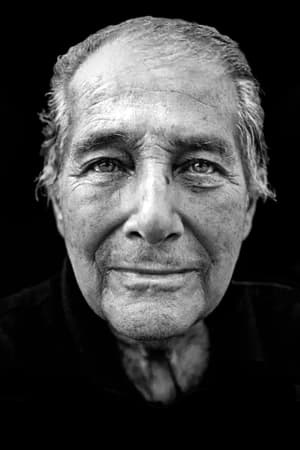
The Stupids
as Talk show guestAn incredibly dull-witted family unknowingly stumble upon an illegal weapons deal while on the...
Movie pageFarewell to Enrico Berlinguer
as SelfA film of Enrico Berlinguer's funeral in Rome, briefly tracing his career as leader of the...
Movie pageThe Wide Blue Road
as (uncredited)Squarciò, a fisherman, lives with his family on a small island off the Dalmatian coast of Italy....
Movie pageLa Bataille d'Alger, l'empreinte
as Self (archive footage)Cheikh Djemaï looks back on the genesis of Gillo Pontecorvo’s feature film, The Battle of...
Movie pageFive Directors On The Battle of Algiers
as SelfThis 17-minute documentary is featured on the 3-Disc Criterion Collection DVD of The Battle of...
Movie pageMarxist Poetry: The Making of The Battle of Algiers
as SelfTo commemorate the fiftieth anniversary of THE BATTLE OF ALGIERS, we revisited our edit of the...
Movie pageElio Petri: Notes About a Filmmaker
as SelfA documentary on the director’s career, featuring interviews with friends, collaborators, and...
Movie pageOutcry
as PietroA neorealist tribute to the Italian resistance fighters of World War II.
Movie pagePontecorvo: The Dictatorship of Truth
as SelfPresented by the late literary critic Edward Said, this thirty-seven minute 1992 documentary...
Movie pageGillo of Ladies and Knights, of Loves and Arms
as SelfPontecorvo is one of those Italian filmmakers marked for life by neorealism. He declares that he...
Movie pageReturn to Algiers
as HimselfGillo Pontecorvo, who directed the insurrectionary classic The Battle of Algiers in 1966,...
Movie page
